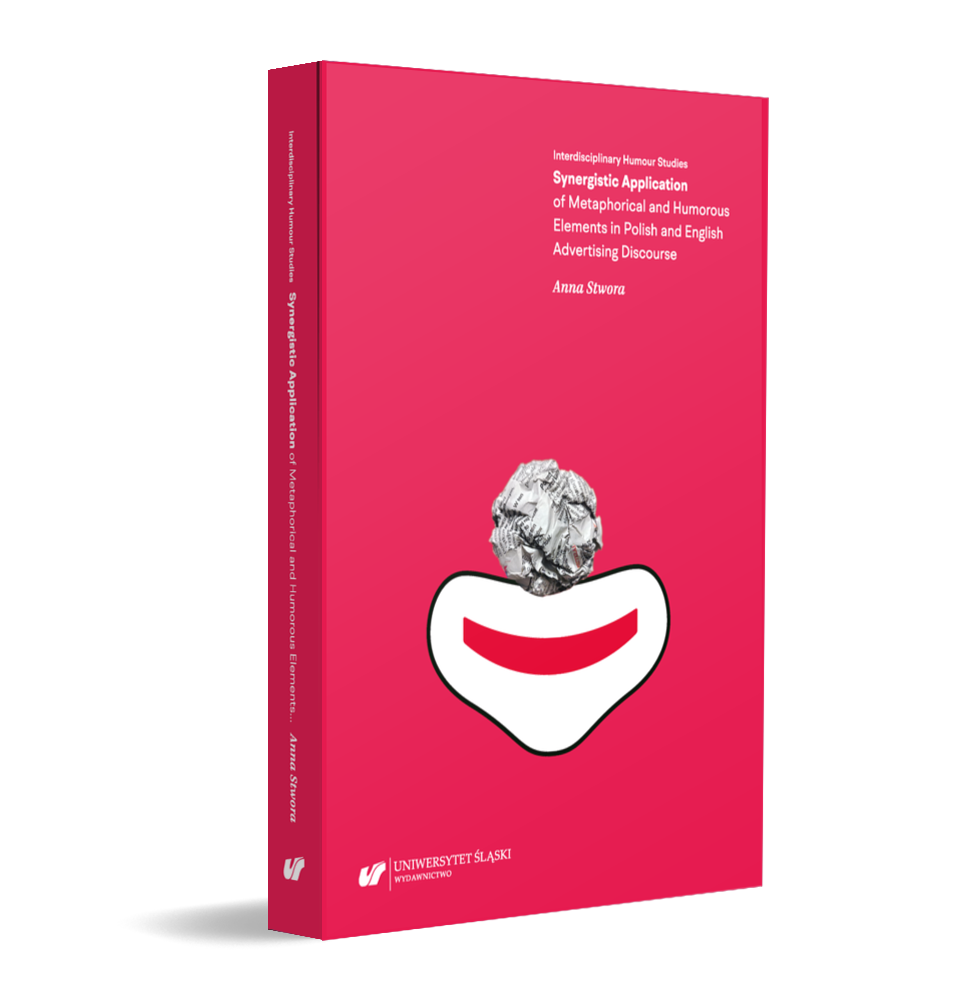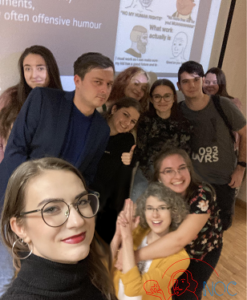CfP: Humour and Healing. One Step Ahead
(Tentative title)
Kamelia Talebian Sedehi
Sapienza University of Rome
kamelia.talebiansedehi@uniroma1.it
Margherita Dore
Sapienza University of Rome
margherita.dore@uniroma1.it
Garrick notes that “the use of humor appears to be a beneficial addition to the treatment of trauma survivors” (2006, 170). Trauma has been discussed within various literary works and at times humour has been used to elaborate on traumatic situations. This happens because humour can give the authors the chance to criticize the various types of abuses and plights in non-confrontational ways. Since, for some people, talking about bad experiences and criticizing their victimizers directly would be considered unethical, authors use humour to mitigate the potential disapproval coming from their community while talking about taboo subjects such as sexual abuse and incest. Moreover, authors may employ humour to depict how the community survived hardships, conveying resistance through laughter. Finally, humuour can help to create group cohesion among those who experienced the same situations and exclude people who never underwent extreme conditions.
This call for papers intends to bring together contributions focusing on the many ways humour is used in literary and non-literary works to deal with experiences of abuse, persecution, death and trauma and as a means for healing. According to Adams (1993, 66), fun “is humor in action” which is necessary while forgetting, forgiving, and putting aside worries. Humour is not only used to mitigate the effect of manmade disasters but also in occasions when natural disasters such as floods, fires, and hurricanes happen (Fry 2000, 1). People use humour to make sense out of nonsensical situations. It should however be noticed that humour “does not minimize the significance of a terrible event. But it does allow the survivor to see how they can cope and thrive in their environment” (Garrick 2006, 169). Humour can have therapeutic effect as in support groups, in which trauma survivors can deploy humour to tackle their problems and move toward the healing process (Curtis 2001, 7). Besides, humour can be employed to reinforce a stance on the topic of social justice. Some examples of this sense can be discussions revolving residential schools in Canada, the loss of lands experienced by indigenous people and the Holocaust discussed within the Jewish community, as well as war and loss of land experienced by Armenians, etc.
In light of the foregoing, this volume aims to expand the existing literature on the concept of humour as healing, by seeking for contributors from a range of different fields. It seeks to gather proposal exploring literary and non-literary texts (including but not limited to feature films and stand-up comedy) that exploit the power of humour as a therapeutic tool in different contexts.
We call for contributions engaging with key questions that include, but are not limited to:
– Armenian culture
– Jewish culture
– Indigenous culture
– Any other context and situation in which suffering was too much to handle or to speak out loud and humor was preferred related, but not limited to the following fields of study: literary studies, translation studies, film studies, cultural studies, audio-visual studies.
The papers will be subject to double blind peer-review. Interested contributors should send their proposals to both Kamelia Talebian Sedehi (kamelia.talebiansedehi@uniroma1.it) and Margherita Dore (margherita.dore@uniroma1.it).
Timeline
Deadline: 30/11/2023 – Abstracts (300 words)
Notification of acceptance: 30/12/2023
End of May 2024 – Submission of full chapters (up to 7,500 words, including abstract, and references)
End of July 2024 – Feedback from editors/external readers
End of October 2024 – Final manuscripts
Estimated publication date: February 2025
References:
Adams, P. (1993). Gesundheit! Rochester, VT: Healing Arts Press.
Curtis, A. M. (2001). Schtick happens: The Power of humor, Part II. Trauma Lines Newsletter, 7-8.
Fry, W.F (2000). Humor and synergy. Humor and Health Journal, 9 (3), 1-3.
Garrick, J. (2006). The Humor of Trauma Survivors: Its Application in a Therapeutic Milie. Journal of Aggression, Maltreatment & Trauma 12 (1, 2).


